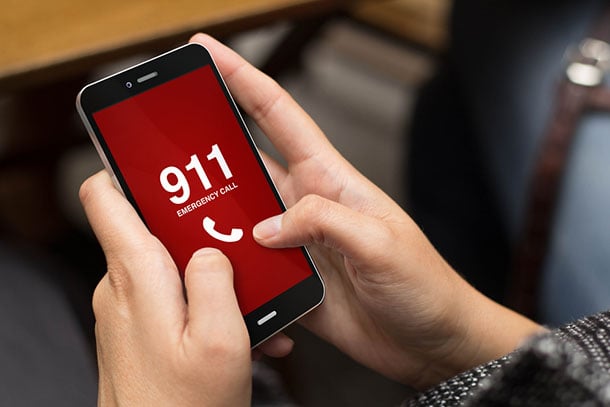Amid an epidemic of overdose deaths in his province, British Columbia's provincial health officer has come out in support of a bill intended to grant amnesty to those who call 911 to report a drug overdose.
The bill -- called the Good Samaritan Drug Overdose Act and initiated by Coquitlam-Port Coquitlam MP Ron McKinnon -- would exempt people from possession charges if they called authorities to report an overdose.
It is up for second reading in the House of Commons on Wednesday.
B.C. Provincial Health Officer Dr. Perry Kendall is encouraging MPs to support the bill, because the fear of "getting into trouble with the law" is an impediment for people to call for help when someone has overdosed.
"[Police] came, some years ago, to the awareness people that would be reluctant to call in an overdose, or stay with the overdose victim if they thought the police were coming," he said.
People may not call for help thinking they could be charged for having drugs on them, or, in the case of teenagers, fearing their parents will find out they took drugs, he said.
Kendall said that many police departments in the Metro Vancouver region have adopted similar amnesties as a matter of policy in recent years.
He noted that police "don't routinely attend" overdoses with medical first responders unless there's a reason to believe those workers could be in danger, he said.
"I think it's part of recognizing that overdoses and addiction are a medical issue primarily rather than a law enforcement issue," he said.
Public health emergency declared
More than 470 people died from drug overdoses in B.C. in 2015, and 76 people in January alone died this year.
One drug of particular concern is fentanyl, a synthetic opiate that has heroin-like effects.
Last week, the overdoses led Kendall to declare a public heath emergency.
But while many police departments have policies that effectively grant amnesty to those who call to report a drug overdose, McKinnon hopes his bill brings clarity to the issue.
The only way to assure people they won't be charged for possession if they call the authorities during an overdose is to put it into law, he said.
"If we remove that uncertainty, we should be able to address the concern, the hesitation people have to call," he said.
The Liberal MP said he has reached out to a number of provinces for support on the issue and has managed to gain a lot from public officials and first responders, particularly from his riding in Metro Vancouver.
So far, response to the bill has been positive, according to McKinnon, but he stopped short of predicting the bill will pass for fear of jinxing it.
"It's gratifying to see the need for this is so well recognized," he said. ![]()
Read more: Health















Tyee Commenting Guidelines
Comments that violate guidelines risk being deleted, and violations may result in a temporary or permanent user ban. Maintain the spirit of good conversation to stay in the discussion.
*Please note The Tyee is not a forum for spreading misinformation about COVID-19, denying its existence or minimizing its risk to public health.
Do:
Do not: